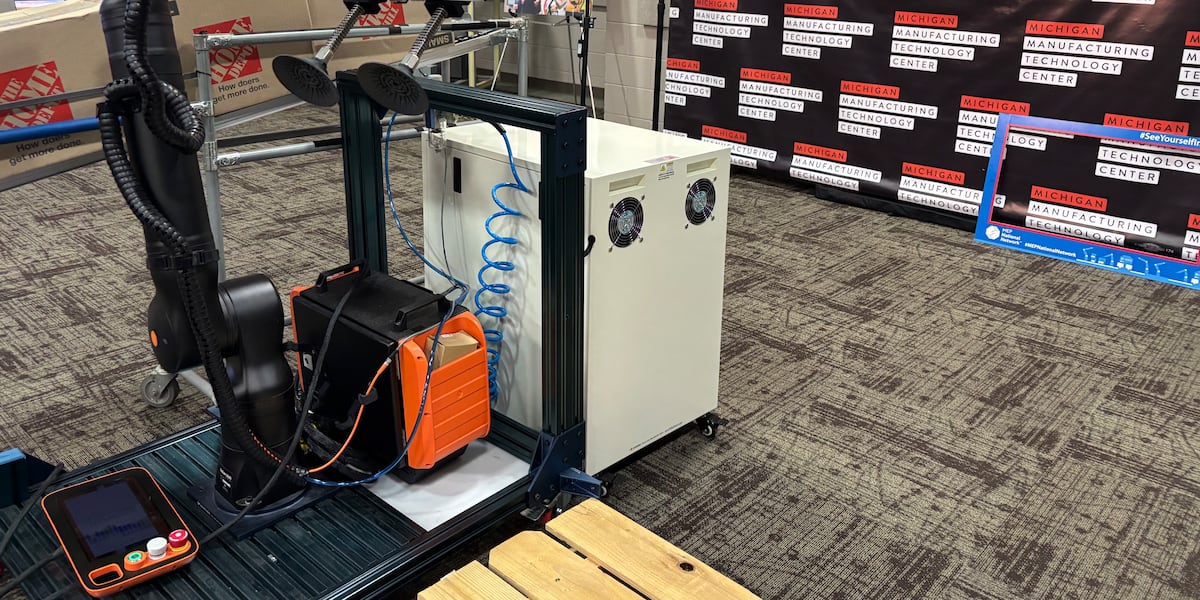Smart Tech Hub Supercharges Local Businesses: UP Entrepreneurs Embrace Automation Revolution

Unlocking Growth: How Automation Can Transform Small and Mid-Sized Manufacturing Businesses
In today's competitive manufacturing landscape, small and mid-sized companies are discovering a powerful strategy for success: strategic automation. According to insights from the Michigan Manufacturing Technology Center, implementing targeted automation on production lines can be a game-changer for business growth and employee retention.
By strategically introducing automated processes, manufacturers can streamline operations, increase productivity, and create more stable, attractive work environments. Automation doesn't just replace manual labor; it empowers employees to focus on higher-value tasks that require creativity, problem-solving, and technical expertise.
Companies that embrace this approach can expect multiple benefits, including:
• Enhanced operational efficiency
• Reduced production costs
• Improved product consistency
• Increased workplace safety
• Better employee engagement and skill development
As technology continues to evolve, manufacturers who proactively adopt automation will be better positioned to compete in an increasingly dynamic global market.
